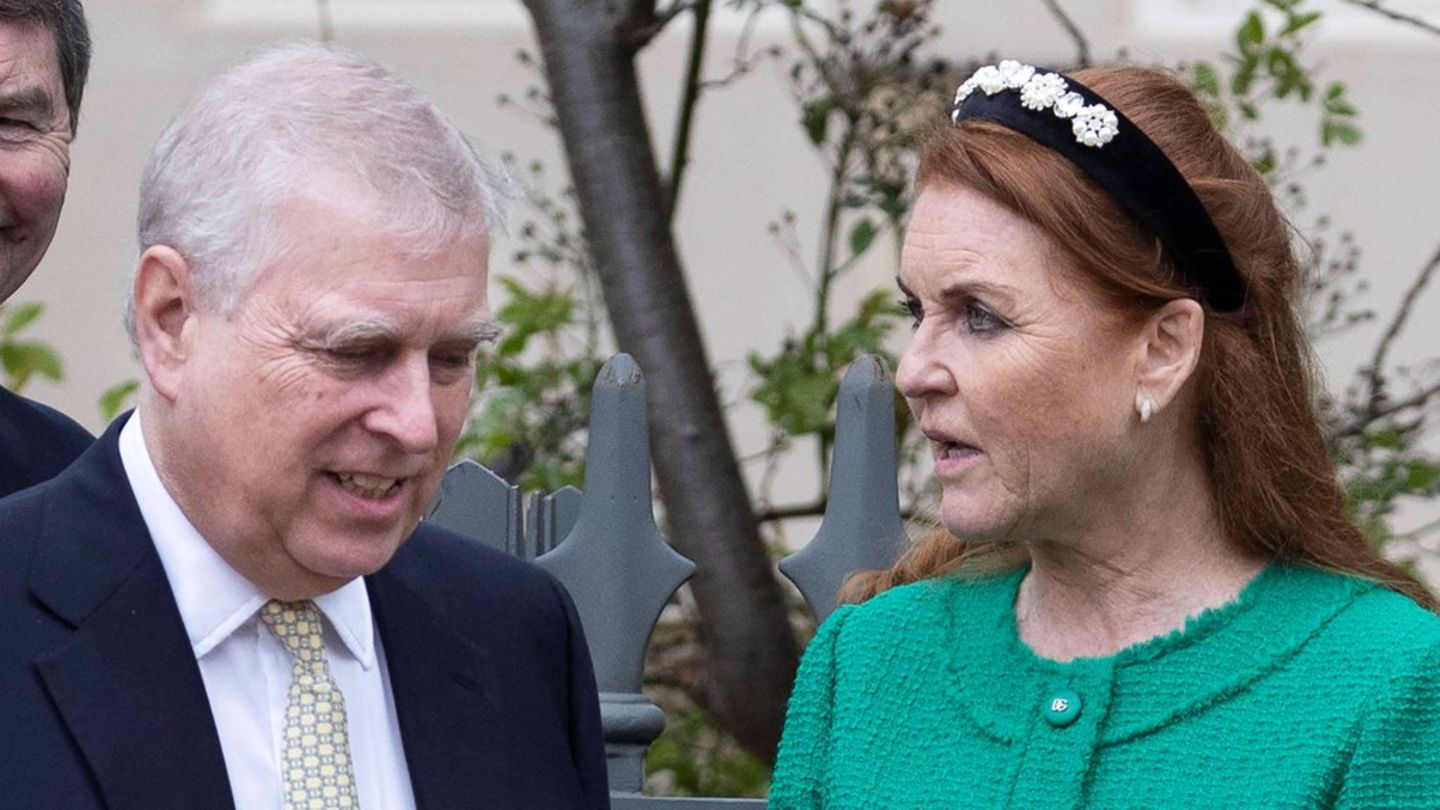“Overcoming borders” is the motto under which Basel is hosting the ESC 2025. This is fitting for a border town in the border triangle of Switzerland, Germany and France.
Now it’s out: Basel, right on the German border, will be the stage for the Eurovision Song Contest (ESC) 2025. And if you look at government president Conradin Cramer, the city is already in a state of excitement: The 45-year-old showed a video clip on the X platform in which he dances through the town hall to the music of the Swiss winning song 2024 “The Code”. He promised a party for the whole city and all visitors, not just those who have tickets for the show.
Switzerland’s third-largest city won the race against Geneva. The decision was made by the European Broadcasting Union (EBU) and the Swiss media company SRG. The semi-finals will take place on May 13 and 15, and the final on May 17.
Southern Germany also hopes for business
“I am sure that the unique atmosphere of the ESC will also spill over into Lörrach,” said its non-partisan mayor Jörg Lutz to the German Press Agency. Visitors can get to know the tourist offers and hotels in the German town near the border and discover that it “has a lot to offer,” said Lutz. The mayor of Weil am Rhein, Diana Stöcker, was also delighted. She spoke of a gain for the border triangle.
1000 euros for one night in a simple hotel
In Basel, the industry is already rubbing its hands. Around 100,000 visitors came to the city for the ESC in Malmö this year. Anyone who has guest beds can make a killing. Hotel rooms are practically fully booked on booking platforms. A few hours after the decision was made to host Basel, there was still a room available in a small hotel with no stars and rather poor guest reviews for around 1,000 euros a night. Hotel ships are now to be set up on the Rhine and camping sites are to be designated.
Enthusiasm was still limited in July survey
On social media, many Swiss people were looking forward to the mega event with memes and emojis of excitement. However, the mood across the country was not so rosy just four weeks ago: In a survey of more than 24,000 people, one in two people said they were not particularly happy about Switzerland hosting the ESC. The skeptics include the party with the most voters, the SVP, whose president once spoke of an “embarrassing rainbow event”.
One factor is that the ESC is also seen as a celebration of tolerance for love in all forms. Nemo, for example, is a non-binary person who does not identify as a man or a woman. Since his victory in Malmö, Nemo has also been making a name for himself politically, for example with his call for the recognition of a third gender. This is a red flag for the SVP – and many of its voters.
Hall for 12,000 visitors
The spectacle is to take place in Basel in the St. Jakobshalle, which has around 12,000 seats. For the final, an “Arena Plus” is to be set up in the nearby St. Jakob Park, with public viewing and concerts by former ESC stars. During the show, the “Arena Plus” will be integrated into the main show via mutual live connections. The exhibition center also wants to set up an ESC Village for events and parties related to the ESC.
The city expects costs of around 30 to 35 million francs (37 million euros), but believes that the money will be recouped in the long term through the spending of fans and the advertising that the event generates for the Basel region.
Overcoming borders in Basel
The motto is: “Overcoming borders”. Basel has been demonstrating how this can be done for decades: the city itself borders directly on Germany and France, and the communities in the border triangle work so closely together that residents hardly notice the borders anymore. The motto also fits the ESC, which has recently been increasingly affected by political tensions, for example in connection with the Russian war against Ukraine or Israel’s war against the terrorist organization Hamas in the Gaza Strip.
More than 35 public media organizations, mainly from Europe, which are EBU members, take part in the music competition. The winning country usually hosts the next ESC. The German singer Isaak took 12th place in Malmö this year.
Switzerland won the ESC more often than Germany
This is the third ESC for Switzerland: it hosted the first competition in 1956 in Lugano and won with Lys Assia. The next host, however, was Frankfurt. Canadian Céline Dion won for Switzerland for a second time in 1988, thus launching her international career. The following year the competition took place in Lausanne. Germany has won twice so far: Nicole in 1982 with “Ein bisschen Frieden” and Lena Meyer-Landrut in 2010 with “Satellite”.
Source: Stern
I am an author and journalist who has worked in the entertainment industry for over a decade. I currently work as a news editor at a major news website, and my focus is on covering the latest trends in entertainment. I also write occasional pieces for other outlets, and have authored two books about the entertainment industry.




